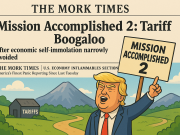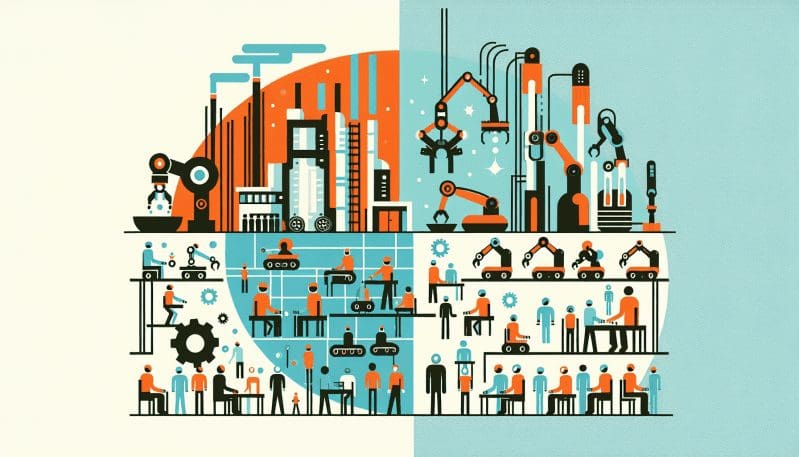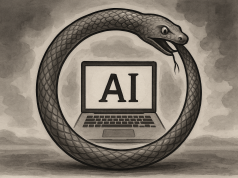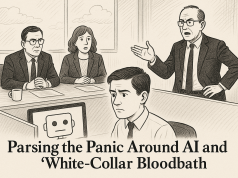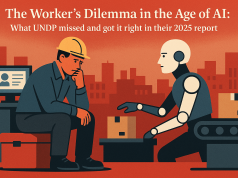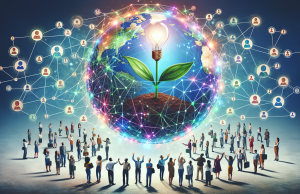In an era where silicon circuits and machine learning algorithms are dictating the pace of innovation, the topic of automation and its implications for the workforce could not be more relevant or urgent. As industries worldwide pivot to adopt increasingly advanced technologies, a question that tugs at the complexity of economic, social, and ethical threads looms large: What will be the future of employment in an automated world?
The narrative of machines replacing human labor is not new, but the velocity at which automation and artificial intelligence (AI) are progressing has ignited a contentious debate. On one side, there are those who fear a dystopian future where human workers are rendered obsolete, their skills outmatched by the tireless efficiency of robots. On the other, optimists view technology as a catalyst for creating new job markets, arguing that automation has historically led to more, and often better, employment opportunities.
As The Work Times, a publication with a finger on the pulse of work, worker, and workplace dynamics, we’re delving into these crucial discussions. The rise of automation presents a paradox—while it promises enhanced productivity and economic growth, it also poses significant challenges for workers who may find their skills redundant in the face of smart machines.
One of the most pressing concerns is the displacement of jobs. Certain sectors, such as manufacturing and transport, are particularly vulnerable to automation. The responsibility falls on both companies and governments to mitigate the socio-economic impact of this shift. It is paramount to invest in education and to implement re-skilling programs that can prepare both the current workforce and future generations for a technology-integrated job market.
The development of new job markets is another avenue of opportunity. As mundane and repetitive tasks are automated, there will be burgeoning demand for roles that machines cannot fulfill—those that require creativity, empathy, and nuanced judgment. In tandem, the conceptualization and management of AI systems themselves create a new technological frontier for employment.
Workers’ cooperatives, which are at the forefront of advocating for a fair and democratic workplace, play a critical role in this transition. They could lead the charge in ensuring that the benefits of automation are equitably distributed, and that human labor remains a valuable asset in the mosaic of a future economy. The cooperative model, with its inherent focus on the welfare of its members, could serve as a blueprint for larger corporations looking to navigate the ethical quandaries of AI and automation.
Ultimately, societies are at a crossroads, and the paths we choose will have profound implications for the fabric of our work culture. Preparation, adaptability, and foresight are the tools with which we can build a bridge to an automated future without leaving anyone behind. The watchword for workers and employers alike is resilience—the capacity to harness the winds of technological change and sail towards an inclusive horizon.
The Work Times is committed to exploring these themes and sparking dialogues that matter. We stand by all stakeholders—workers, employers, and policy-makers—as they chart a course through the uncharted waters of the automation age. After all, the future of work is not just about technology; it’s about the people who wield it, shape it, and thrive with it.















